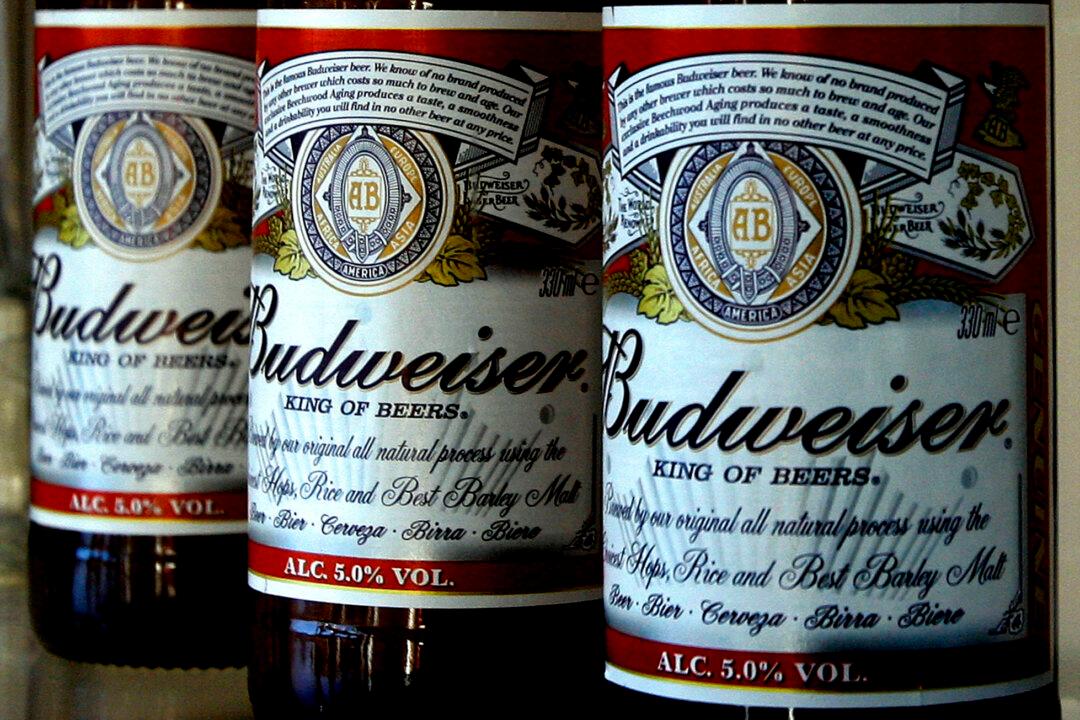The chief executive of Anheuser-Busch blamed what he called “misinformation” for the backlash against Bud Light in a Monday interview following the company’s decision to make a can with transgender activist Dylan Mulvaney’s face.
“People often talk about this topic in social media like noise,” chief executive Michel Doukeris told the Financial Times in the interview. “You have one fact and every person puts an opinion behind the fact. And then the opinions start to be replicated fast on each and every comment. By the time that 10 or 20 people put a comment out there, the reality is no longer what the fact is, but is more [about] what the comments were.”





